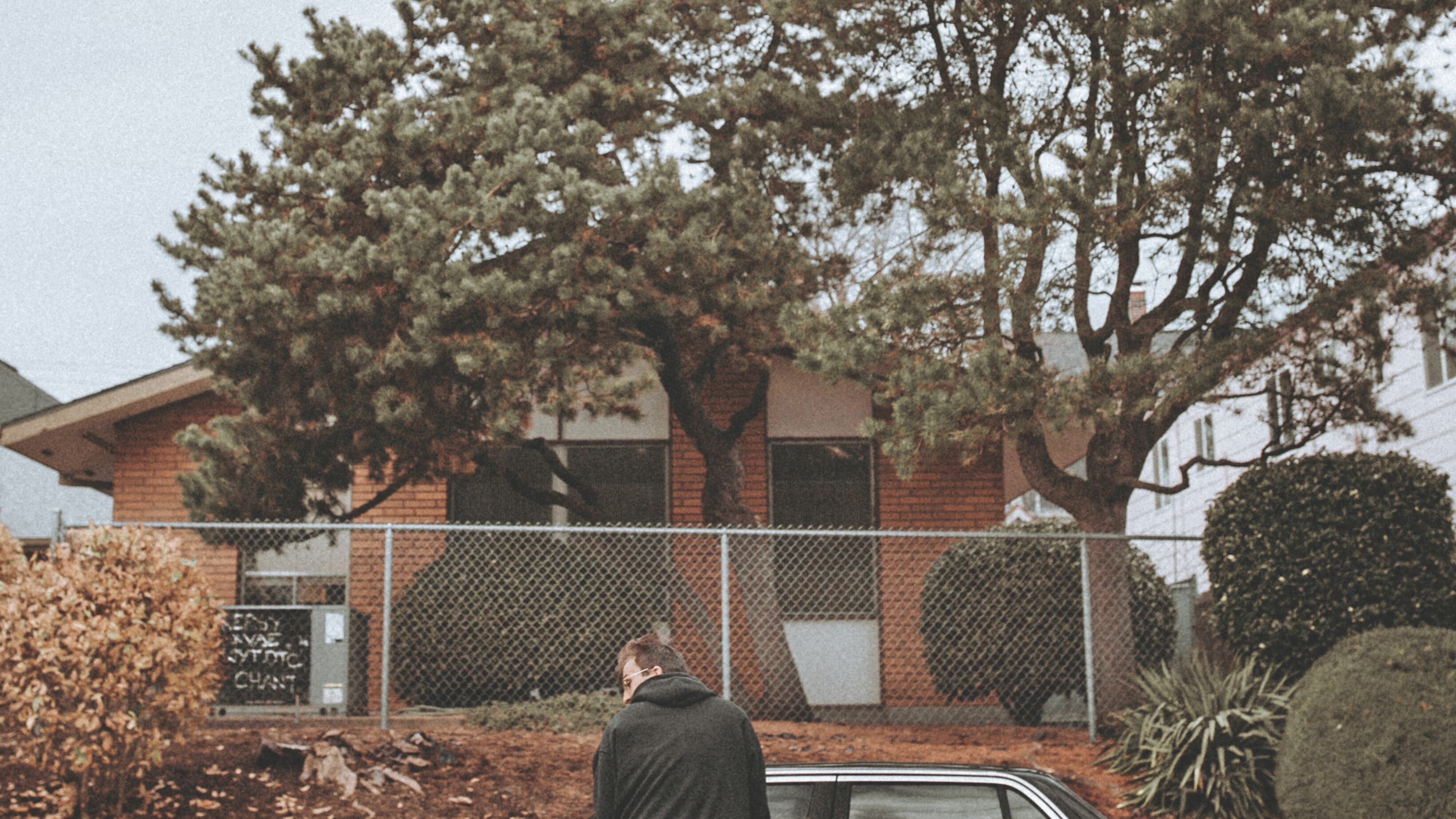After more than a year, the Portland Police Bureau has drafted a revised directive on stolen motor vehicles that could potentially save victims of crime hundreds of dollars.
The new policy would give crime victims the chance to ask police to leave their car on the street, so they could collect it themselves. The change would would allow owners to avoid tow fees.
"The owner must indicate whether they wish to have the recovered vehicle towed at their own expense or wish to have the vehicle left at the recovery location if they are unable to retrieve it in a timely manner," the proposed directive states.
The city's existing policy requires officers to call a tow truck if the owner cannot be reached and recover the vehicle within 30 minutes. Sometimes, owners don't even get a call – it's allowed but not required under PPB's policies.
WW wrote about the tow fees that Portlanders pay to get their stolen cars back in December 2017. Mayor Ted Wheeler vowed a fix.
He suggested PPB would adopt a policy similar to Seattle's in December 2017. The proposal PPB has drafted mirrors that policy, requiring police to ask victims when they report a car stolen whether they want the car towed or left where it's found.
PPB opened up the policy up to comments in early January 2018.
But the review process stalled. A spokeswoman for the mayor's office says PPB struggled to figure out the best approach to avoid heaping fees on vulnerable and low-income victims of auto theft.
"They've been in a bind – because they cannot pay for everyone's towing and storage fees for recovered stolen vehicles," spokeswoman Eileen Park says. "After considering all the possibilities, they believe this is the most pragmatic approach."
The mayor's office declined to provide more information about why it took more than a year to draft the new directive that so closely mirrors the mayor's original suggestion.
The proposed directive will be open for public comment. PPB still has to draft a final directive after considering the feedback. Chief Danielle Outlaw will sign that final policy, and it will go into effect 30 days later.
